Warning on Chinese influence in Bougainville
Australia has been warned to be on alert for Chinese attempts to secure influence over Bougainville as the autonomous region pushes to break away from Papua New Guinea.
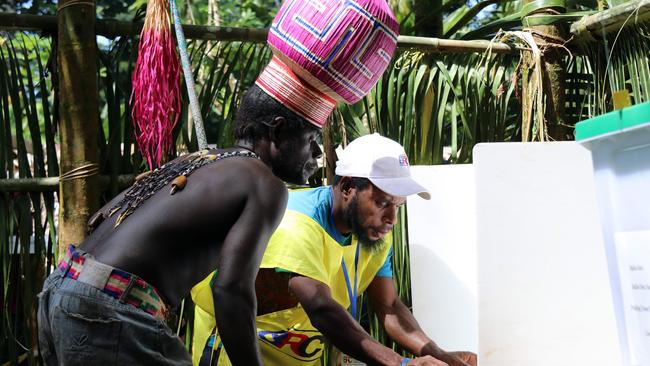
Australia needs to be on alert for Chinese attempts to secure influence over an independent Bougainville as the autonomous region pushes to break away from Papua New Guinea, a former Australian high commissioner to PNG has warned.
Ian Kemish says PNG will almost certainly reject Bougainville’s bid for independence, despite a 97.7 per cent vote of its people in a referendum four years ago. This would set the conditions for a potential unilateral declaration of independence by the region’s leaders, “creating serious challenges for Australia and opportunities for its strategic competitors”.
In a new strategy paper for the ANU’s National Security College, Mr Kemish says Australia “needs to be vigilant to any opportunistic efforts by China to exert influence on a future independent Bougainville. On the other hand, the risk that a separatist Bougainville might somehow emerge, which feels it has done so despite Australian opposition, is also a very negative scenario in circumstances where China is seeking influence and advantage in the Pacific.”
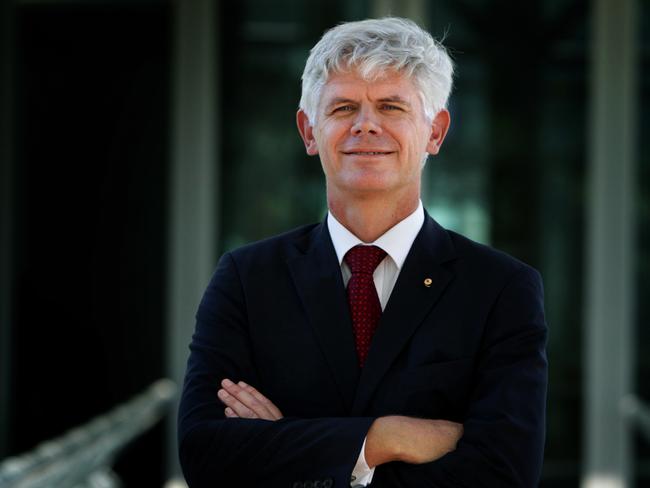
The warning comes amid a backlash against Australia this month from the Bougainville government, after Anthony Albanese declared the autonomous region’s future was “a matter for PNG”.
The Attorney-General of Bougainville, Ezekiel Massat, accused Australia of “deliberately avoiding” its obligations to hold PNG accountable, amid delays by the Marape government in tabling the referendum result in the nation’s parliament.
“Australia is supposedly the ‘Big Brother’ in the Pacific, but is a coward when it comes to the Bougainville independence issue,” Mr Massat said.
Mr Kemish said Australia “must now take a lead in helping chart a fresh strategy” for Bougainville, taking into account the aspirations of the autonomous region and PNG.
“A cabinet-endorsed strategy should be firmly based on recognition that the existing positions of both parties carry significant downside risks for Australia,” he said.
Bougainville rebels fought a decade-long war with PNG, sparked by labour and environmental practices at the territory’s Panguna copper mine. The conflict ended in a 1998 peace agreement brokered by Australia.
Under the terms of the agreement, PNG’s parliament must ratify the referendum result for Bougainville to become independent, but there is great reluctance in Port Moresby to let the autonomous region go.
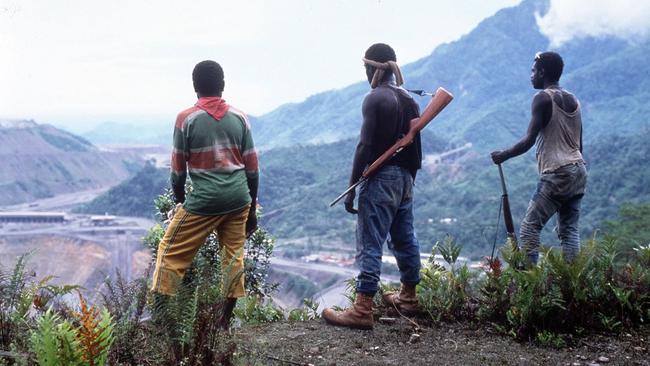
Solomon Islands’ recent security pact with China has underscored the risks of an independent Bougainville for Australia and the US.
There are widespread rumours in PNG of Chinese interest in Bougainville, including offers to finance two new airports, while there have been reports of Chinese investors eyeing a possible stake in the Panguna mine.
Mr Kemish said if PNG allowed Bougainville its independence, it could undermine the country’s broader territorial integrity and create an impoverished state that “would probably not limit its outreach to Australia and other Western donors”. He said Port Moresby’s rejection of Bougainville’s independence aspirations carried a risk of a unilateral declaration of independence, which would open opportunities for “strategic competitors”.
Mr Kemish urged key Australian government ministers, including Defence Minister Richard Marles and Foreign Minister Penny Wong, “to develop stronger personal links with the Bougainvillean leaders, given the importance of relationship in the negotiations that will come”.
“Australia should take a leading role, ideally in advance of any parliamentary vote, in convening a supportive international group to encourage dialogue on alternative options for Bougainville,” he said. Potential options could include a “free association” pact between PNG and Bougainville.



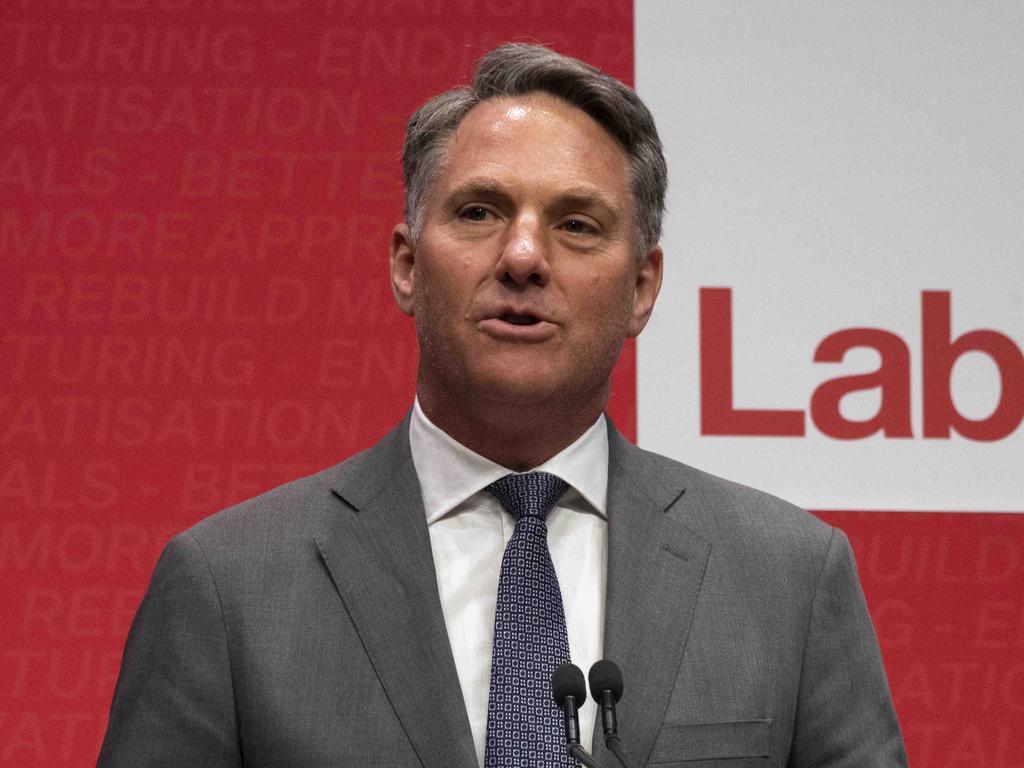

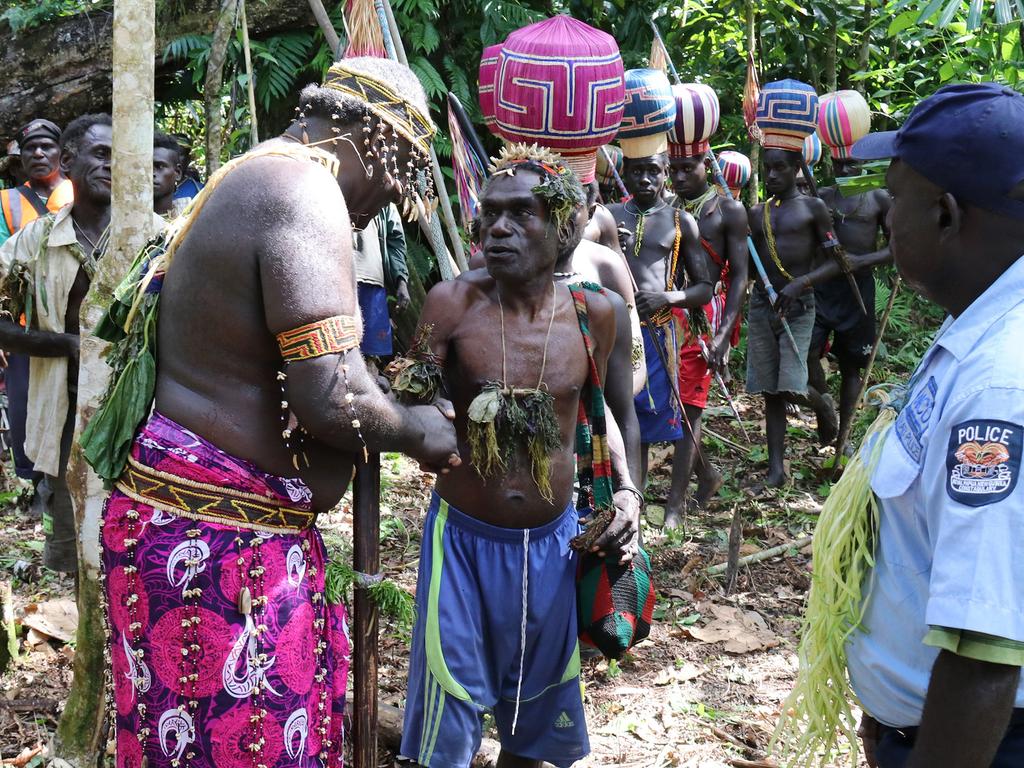


To join the conversation, please log in. Don't have an account? Register
Join the conversation, you are commenting as Logout